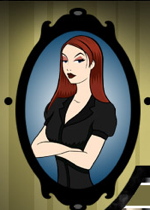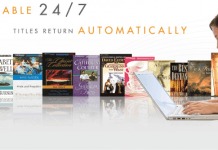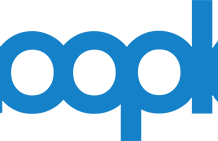 eBooks: Libraries at the Tipping Point Online Conference
eBooks: Libraries at the Tipping Point Online Conference
Kevin Kelly (Wired CEO) Keynote
The web as we know it is only 7,000 days old. Early prognosticators thought that the web would be TV, only better. But what we have is a multi-device, multi-author, hugely connected infrastructure for communication. There are 2 billion people linked up via the web. With eBooks, we have the same problem — we’ve guessed that eBooks would be books only better. But Kelly says that what’s coming is very different. Our entire environment is saturated with screens–in airplanes, on the sides of buildings, mobile devices, computers, etc. It’s important to recognize that the eBook is therefore part of that multi-screen environment. We lean forward to use our small screens and lean back to use our big theater-style screens. Where do eBooks fall into this? 2 billion YouTube clips are viewed daily. This is a much larger audience than book readers. As people we need to parse, index, browse, search, manipulate, annotate, re-sequence text…and have it be ubiquitous. He sees the same thing happening with video and other images. A move from orality to literacy happened with the printing press, and now we’re moving from literacy to what Kelly calls “vizuality.” One media platform, blurred lines between media: TV, books, music, blogs, websites, magazines, radio, etc. We don’t want to get stuck on screens being rigid — we’re already seeing flexible screens. We can think about all of these devices that we have, which are windows into a single set of content in the cloud. We and our devices are part of the cloud…it’s not a separate entity. We create content for it and interact with it. All types of things that people said they’d never share are being shared: shopping purchases, locations, health records, travel plans, personal genetics, eating patterns, and work histories. As we move into the cloud, our content moves away from being a single file to being a stream which is tagged. We are shifting from new page creation on the website (which has already peaked) to streams of content on Twitter, YouTube, and other sites. If we think of books as a long-form stream, how does that change how we think about the future of the book? People expect everything to be “always on,” everything to be available all the time. iPads are one of the most popular media for kids because they don’t have to type. Futuristic displays use gestures and interactions instead of keyboards and mice. Kelly introduced the idea of a “watchful eBook” — one that tracks your eye movements and responds accordingly. Lastly, he brought up the issue of the eBook “copy.” The only value is that which cannot be copied. If you want an old copy of National Geographic you can search for it and find a download for a slow download for free or a quick download for a fee. If you want it personalized, that would carry a cost. If you want to be sure that a piece of software, that requires a fee. Or if something that was sent by a creator that you want to be a patron for, you pay them a fee. Charge for different formats optimized for your accessibility needs. But don’t charge for the thing itself. Basically, he’s advocating for free eContent but charging for added-value services.

































